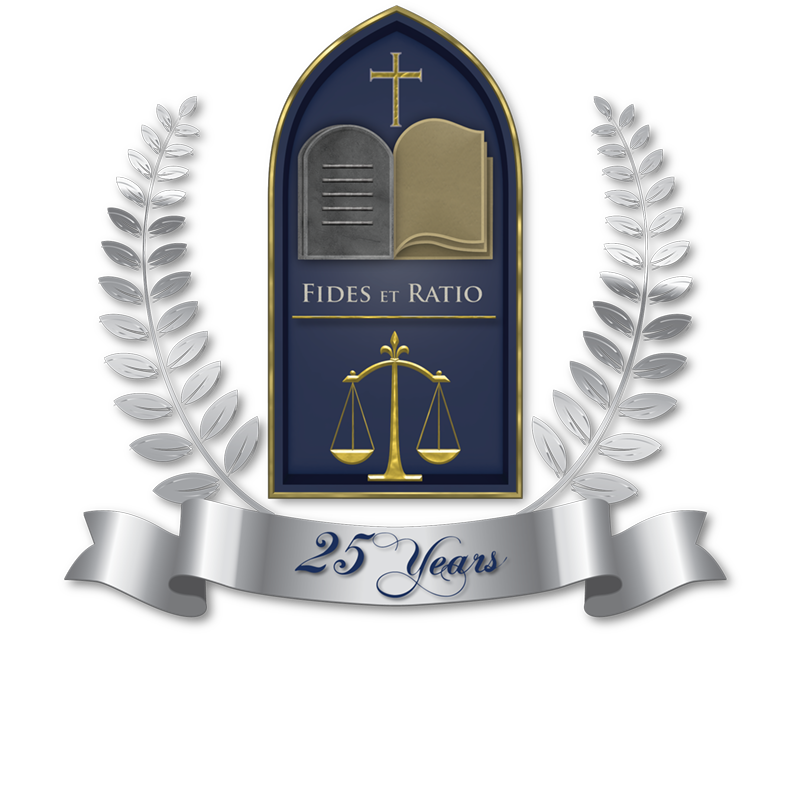Implications of the Corporate Transparency Act

By: Adam Esquivel
Smith Business Law Fellow
J.D. Candidate, Class of 2025
The Corporate Transparency Act (CTA) was established by the Anti-Money Laundering Act of 2020 (AMLA) to strengthen the disclosure requirements for certain companies doing business in the United States. Scheduled to take effect on January 1st, 2024, the purpose of the CTA is to bring the United States into compliance with international anti-money laundering and financial counter-terrorism standards. The CTA imposes harsh penalties on those who violate the disclosure requirements contained therein.
Per Congress, over two million corporations and limited liability companies are formed in the United States each year.[1] In addition, a recent U.S. Small Business Administration Report found that nearly 82 percent (27,104,006) of small businesses operating in the U.S. are listed as having no employees.[2]
Due to the lax disclosure requirements of many states, it is often difficult to ascertain the true ownership structure of a small business. Congress posits that a potentially alarming number of these companies may be owned by malign actors using shell companies as “matryoshka dolls” to facilitate illegal activities including money laundering, terrorism financing, tax fraud, and even human trafficking.[3] To combat this, Congress has sought to increase ownership structure transparency via the CTA.
The CTA requires that certain domestic and foreign entities file Beneficial Ownership Information (BOI) within a specified period after the formation of a company (1 year for companies existing prior to January 1st, 2024, and thirty to ninety days for companies created after January 1st, 2024.)[4] The contents of the BOI include specific identifying information (e.g., a unique identifying number) of the Beneficial Owners of those companies and must be submitted to the Financial Crimes Enforcement Network (FinCEN).[5] Beneficial Owners are defined by the CTA as persons who (1) exercise substantial control over a reporting company; or (2) own or control at least twenty-five percent of the ownership interests of a reporting company.[6]
Per the CTA, domestic companies that file documentation with a secretary of state or any similar office under the law of a State or Indian Tribe must file BOIs.[7] Similarly, foreign companies formed under the law of another country, but registered to do business in the United States by the filing of a document with a secretary of state or any similar office must also file BOIs.[8]
For purposes of the CTA, securities issuers, domestic governmental authorities, banks, brokers, dealers, exchange and clearing agencies, insurance companies, and other specified entities are not required to file BOIs.[9]
Persons filing on behalf of a company must be (1) individuals who directly file the document creating the company or registering the company to do business in the U.S.; or (2) individuals primarily responsible for directing or controlling the filing of the relevant documents by another.[10]
Failure to comply with the requirements of the CTA may result in fines of up to ten thousand dollars per violation and up to two years of incarceration.[11]
While FinCEN utilizes a nonpublic database, law-abiding Beneficial Owners–many of whom hold sizable financial interests–may nonetheless be concerned about the safe-keeping of their information. Admittedly, their concern is not without merit. Consider the 2020 SolarWinds cyber-attacks, in which several federal branches, including the U.S. Department of Treasury, were subject to a colossal data breach exposing sensitive information about numerous high-profile private and public entities.[12]
However, Congress stresses that the information security systems used by FinCEN operate at the highest security level.[13] The CTA is targeted at smaller companies, so it is unlikely that any potentially negative effects of the disclosure requirements will outweigh the government’s interest in combatting money laundering and terrorism funding.
Because the CTA was introduced in 2020 yet not slated to take effect until 2024, it is possible that companies have delayed the process of incorporating its requirements into their business practices, and in unfortunate cases, simply forgotten about the CTA entirely.
Companies seeking to avoid the CTA’s penalties in 2024 should act quickly to employ CTA compliant operating procedures in their businesses. For many entities, this may include conferring with their legal and accounting branches and educating those tasked with BOI filings about their responsibilities moving forward.
[1] Corporate Transparency Act, H.R. 6395, 116th Cong. § 6402(2) (2020).
[2] U.S. Small Bus. Admin. Off. of Advoc., Frequently Asked Questions (Mar. 2023).
[3] Corporate Transparency Act, H.R. 6395, 116th Cong. § 6402(3)-(4) (2020).
[4] Id., at § 6403(b)(1)(B)-(D) (also requiring updated BOIs within 1 year after changes in ownership).
[5] Id., at § 6403(b)(1)(A).
[6] Id., at § 6403(a)(3).
[7] Id., at § 6403(a)11)(A)(i).
[8] Id., at § 6403(a)(11)(A)(ii).
[9] Id., at § 6403(a)(11)(B).
[10] Fin. Crimes Enf’t Network, Beneficial Ownership Information Reporting Rule Fact Sheet (Sept. 9, 2022) https://www.fincen.gov/beneficial-ownership-information-reporting-rule-fact-sheet#:~:text=Company%20Applicants,-The%20rule%20defines&text=the%20individual%20who%20directly%20files,business%20in%20the%20United%20States.
[11] Id., at § 6403(h)(3) (Those in violation may also face up to $500 in fines per day that the violation is not remedied.).
[12] Dina Temple-Raston, A ‘Worst Nightmare’ Cyberattack: The Untold Story Of The SolarWinds Hack, NPR, (Apr. 16, 2021), https://www.npr.org/2021/04/16/985439655/a-worst-nightmare-cyberattack-the-untold-story-of-the-solarwinds-hack.
[13] Corporate Transparency Act, H.R. 6395, 116th Cong. § 6402(7)(A) (2020).




